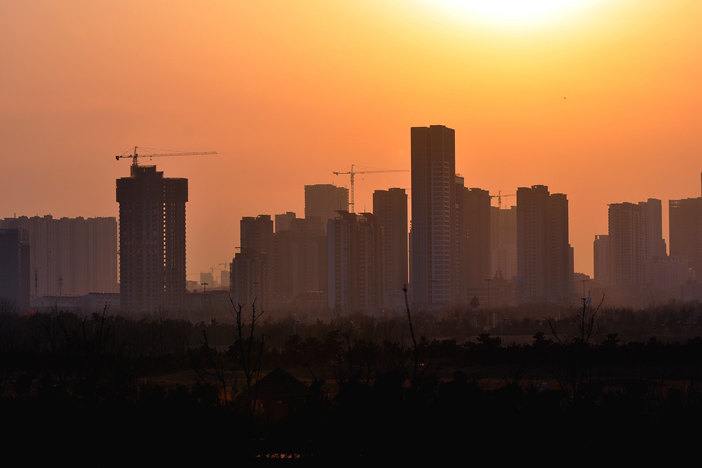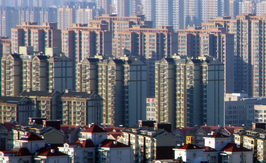Deleveraging Left Off the Agenda of Top Political Meeting

* Official account of meeting showed a greater acknowledgment of downward pressure on the economy
* Analysts noted significance of deleveraging, home prices being off the agenda
(Beijing) — The country’s deleveraging campaign was dropped from the agenda of a regular economy-focused meeting of one of China’s top policymaking bodies on Wednesday, while support for the private sector was emphasized.
The Communist Party’s Politburo, a 25-member high-level political body headed by President Xi Jinping, meets every month to set the tone of the government’s policymaking. The meeting is dedicated to the economy about every three months. Analysts said that the official account of the meeting published by state media (link in Chinese) showed a greater acknowledgment of downward pressure on the economy than those accounts published after the previous few meetings.
China’s manufacturing purchasing managers index slid to 50.2 in October, the lowest reading since July 2016, according to data from the National Bureau of Statistics released on Wednesday morning, which added to concern about the economic health of the world’s second-largest economy. China’s gross domestic product grew 6.4% year-on-year in the third quarter, the weakest expansion since the first quarter of 2009.
“In general, we feel there has been a change of tone in the Politburo’s policies,” Hua Changchun, analyst at Guotai Junan Securities, said in a note. “The party acknowledged the increasing downward pressure on the economy, and also ceased to mention ‘deleveraging’ and home prices, which used to be mentioned in every seasonal meeting.”
The fact that deleveraging wasn’t mentioned by the Politburo may create more political space for looser policies, according to a note by Goldman Sachs’ economists. “This does not mean there’s no concern about leverage anymore, but it’s less of a priority,” the note said.
Home prices were also off the agenda because the property market has been cooling down in recent months, and additional nationwide tightening measures are unlikely to be rolled out, according to the same note.
The official account of the July meeting said that authorities will “resolutely curb the increase in home prices,” which sent a chill through the property market.
Authorities have spoken of supporting the private sector recently amid a wave of takeovers of private business this year by state-owned enterprises. There were then heated arguments over claims that “the private sector is leaving the stage.”
“We will study the difficulties encountered by the private sector and small-to-midsize companies, and solve them,” read the state-run Xinhua News Agency’s official account of the Wednesday meeting.
Xi promised in mid-October to offer “unwavering support” to the country’s private sector. On Oct. 19, Vice Premier Liu He said that those who do not support the development of private enterprises “must be resolutely corrected,” and the central bank announced it will add 150 billion yuan ($21.5 billion) of relending and rediscount quotes to better serve the financing needs of micro and small businesses.
Contact reporter Liu Jiefei (jiefeiliu@caixin.com)

- 1Cover Story: China Carves Out a Narrow Path for Offshore Asset Tokenization
- 2Drownings Shake Chinese Enthusiasm for Travel to Russia
- 3Over Half of China’s Provinces Cut Revenue Targets
- 4Li Ka-Shing’s Port Empire Hit by Forced Takeover Amid Panama Legal Dispute
- 5In Depth: China’s Mutual Fund Industry Faces Overhaul After a Banner 2025
- 1Power To The People: Pintec Serves A Booming Consumer Class
- 2Largest hotel group in Europe accepts UnionPay
- 3UnionPay mobile QuickPass debuts in Hong Kong
- 4UnionPay International launches premium catering privilege U Dining Collection
- 5UnionPay International’s U Plan has covered over 1600 stores overseas






